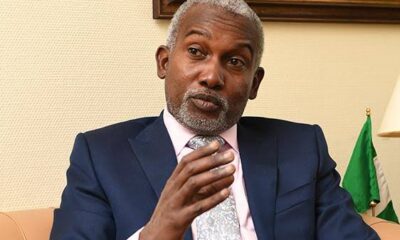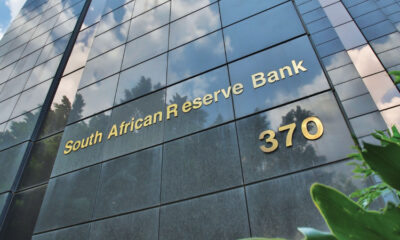According to the International Monetary Fund (IMF), Nigeria devotes the majority of its income to paying off its debt, leaving little money for important economic initiatives.
Davide Furceri, Division Chief of the IMF’s Fiscal Affairs Department, emphasised the necessity for Nigeria to implement more efficient revenue mobilisation strategies to alleviate this financial burden during the Fiscal Monitor press briefing at the ongoing IMF/World Bank Annual Meetings in Washington, DC.
Furceri pointed out that the government’s capacity to fund social and economic initiatives is severely limited by Nigeria’s debt service-to-revenue ratio, which is approximately 60%.
He emphasised that even while the debt service-to-GDP ratio has decreased from about 100% to 60%, the nation still needs to focus on expanding its tax base in order to significantly lower the portion of its income that is used for debt repayments.
He said, “There is a need to grow the revenue-to-GDP ratio. For a country Like Nigeria, the Debt Service-to-Revenue is about 60 per cent. What that means is that a larger part of the revenue of the country goes into debt servicing. What we recommend for countries like Nigeria, if they can improve their revenue mobilisation, they will be able to reduce the portion of the revenue that goes into debt servicing.
“It is important to broaden the tax base to have more revenue and especially in Nigeria to put in place a system and mechanism that is transparent and efficient to assist the government in collecting more revenue.”
He urged the government to enhance its fiscal operations to increase revenue and called for the establishment of an open and effective tax collection system.
Furthermore, according to forecasts in the IMF’s Fiscal Monitor Report, which was made public on Thursday, Nigeria’s debt-to-GDP ratio is predicted to decrease from its current level of 50.7% to 49.6% by 2025.
It stated that the Central Bank of Nigeria’s overdrafts and the Asset Management Corporation of Nigeria’s obligations are included in the nation’s public debt.
“The overdrafts and government deposits at the Central Bank of Nigeria almost cancel each other out, and the Asset Management Corporation of Nigeria debt is roughly halved.” The report noted.
According to other forecasts, the debt-to-GDP ratio will decrease to 48.5% in 2026 and 48.2% in 2027, then slightly increase to 48.8% in 2028 and 49.1% in 2029.
The IMF underlined that in addition to increasing revenue, the government must put in place targeted social safety nets to protect disadvantaged populations from the effects of environmental issues and inflation.
Nigeria’s public debt stock, which comprises both domestic and foreign debt, increased by 24.99% from N97.34 trillion (US$108.23 billion) in Q4 2023 to N121.67 trillion (US$91.46 billion) in Q1 2024.
In the first quarter of 2024, the entire amount of external debt was N56.02 trillion (US$42.12 billion), while the total amount of domestic debt was N65.65 trillion (US$49.35 billion).
In the first quarter of 2024, the proportion of external debt (measured in naira value) to total public debt was 46.05%, whilst the proportion of domestic debt (measured in naira value) to total public debt was 53.95%.


 Sports2 days ago
Sports2 days ago
 Metro2 days ago
Metro2 days ago
 Metro24 hours ago
Metro24 hours ago
 Culture2 days ago
Culture2 days ago



































